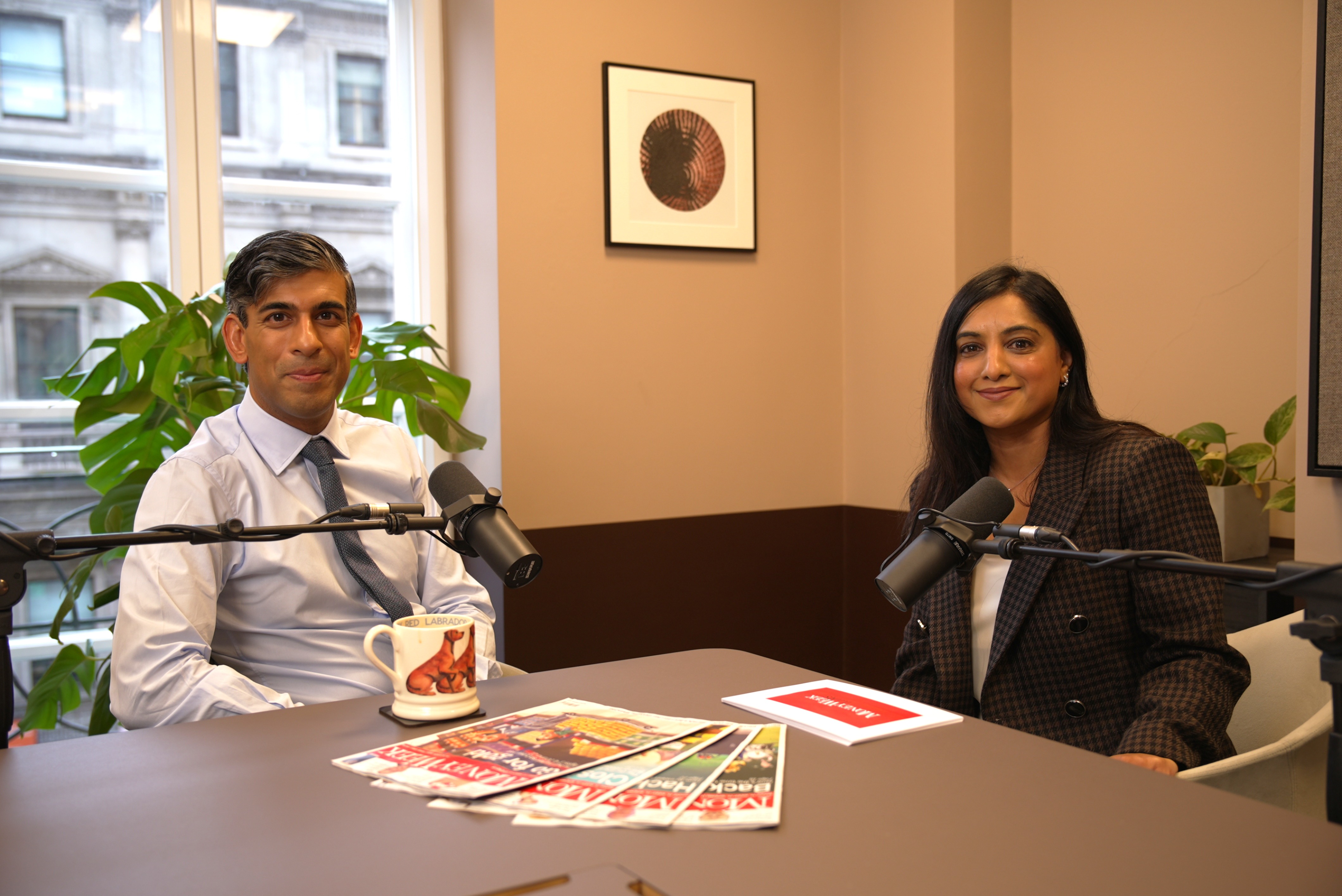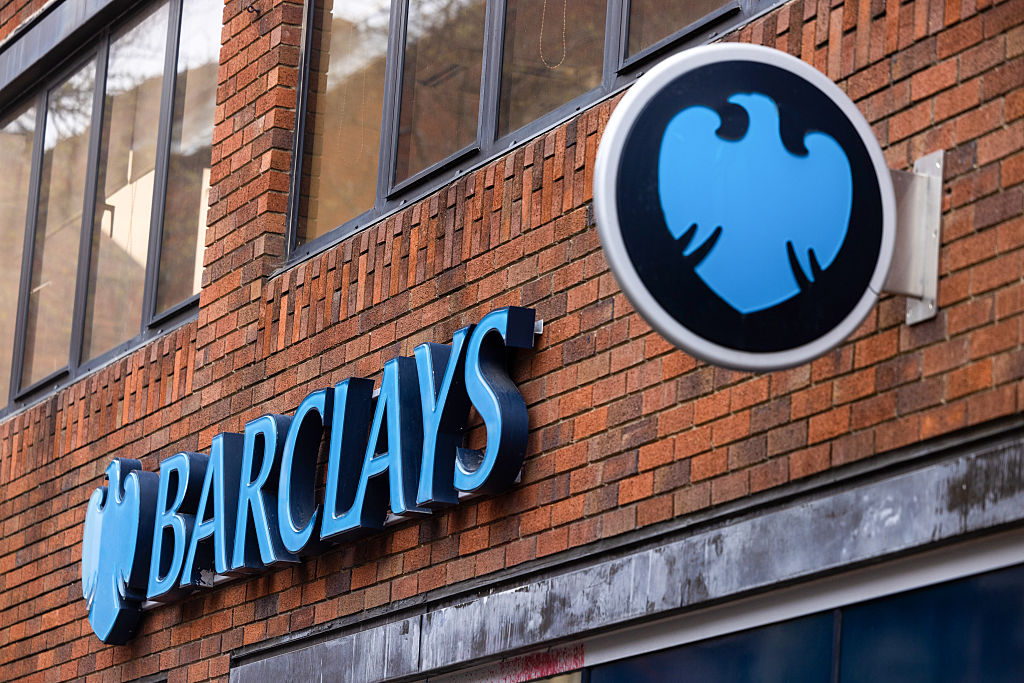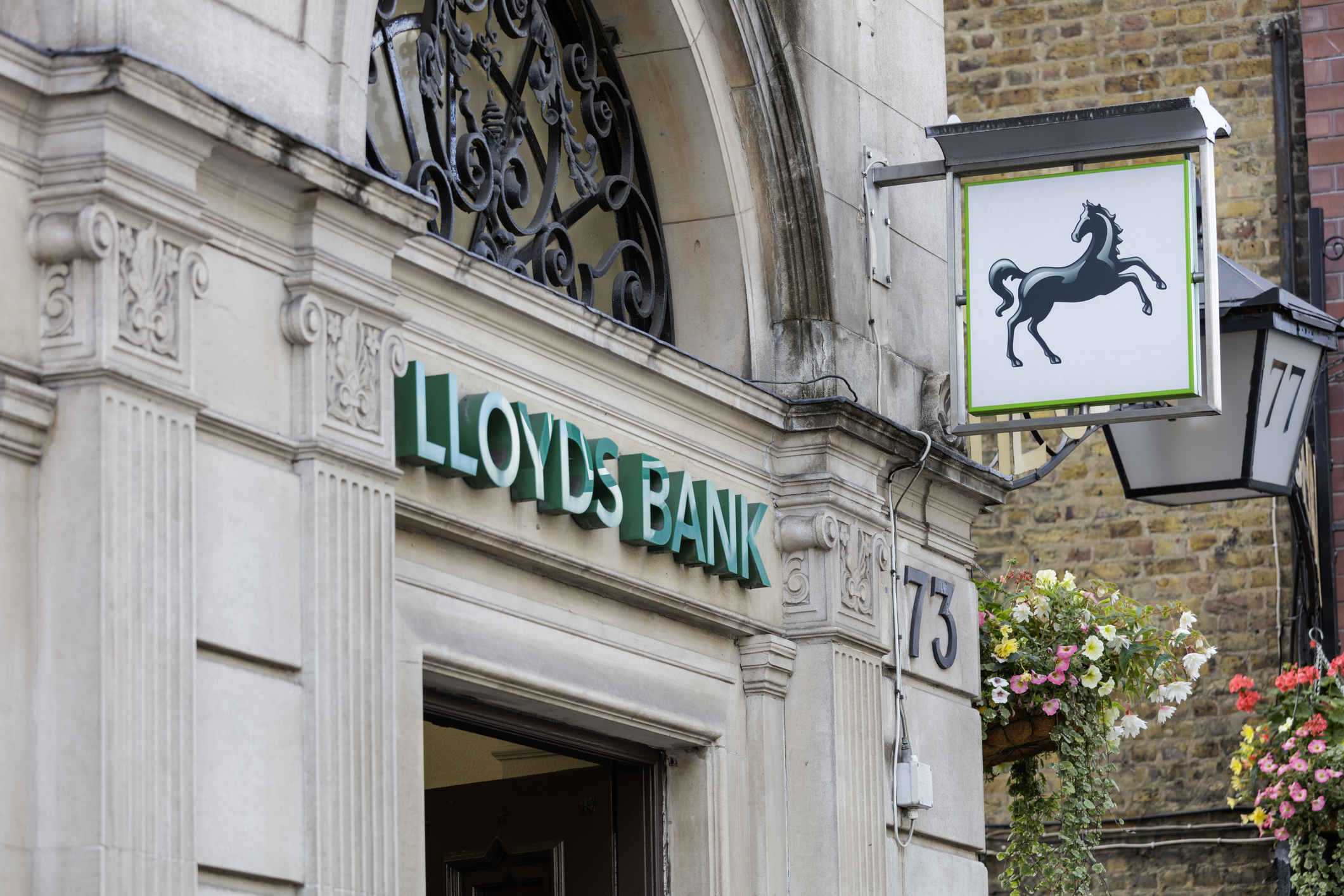Watchdog summons banks to explain paltry savings rates
Savings rates trail mortgage rates - and the financial watchdog has summoned banks to a meeting amid concerns of profiteering.


Get the latest financial news, insights and expert analysis from our award-winning MoneyWeek team, to help you understand what really matters when it comes to your finances.
You are now subscribed
Your newsletter sign-up was successful
Want to add more newsletters?

Twice daily
MoneyWeek
Get the latest financial news, insights and expert analysis from our award-winning MoneyWeek team, to help you understand what really matters when it comes to your finances.

Four times a week
Look After My Bills
Sign up to our free money-saving newsletter, filled with the latest news and expert advice to help you find the best tips and deals for managing your bills. Start saving today!
Bank bosses have been summoned to a meeting with the financial watchdog to discuss concerns surrounding interest rates for savers lagging behind the cost of mortgages.
The Financial Conduct Authority (FCA) expects chief executives from HSBC, NatWest, Lloyds and Barclays, as well as from smaller lenders, to attend on Thursday amid allegations of “blatant profiteering”.
MoneyWeek
Subscribe to MoneyWeek today and get your first six magazine issues absolutely FREE

Sign up to Money Morning
Don't miss the latest investment and personal finances news, market analysis, plus money-saving tips with our free twice-daily newsletter
Don't miss the latest investment and personal finances news, market analysis, plus money-saving tips with our free twice-daily newsletter
Higher interest rates have resulted in banks increasing mortgage rates sharply, yet savings rates are not rising at the same pace.
The average easy access savings rate today (5 July) is 2.48% while the average 1-year fixed savings rate is 4.80%, according to Moneyfacts.
Meanwhile, the average 2-year fixed residential mortgage rate is 6.51% and the average 5-year fixed residential mortgage rate is 6.02%.
The Bank of England raised its base rate to 5% last month and further increases are now expected.
Chancellor Jeremy Hunt has said it is an “issue that needs solving” amid households struggling with the cost of living crisis.
But sources were playing down the likelihood of a charter being drawn up in the vein of the one agreed between Chancellor Jeremy Hunt and the big mortgage lenders.
Meanwhile, Rishi Sunak said the Financial Conduct Authority (FCA) wanted to deliver “better deals for savers”.
The Prime Minister told the Commons Liaison Committee: “What the Chancellor said is the issue needs to be resolved.
“I know that he has met recently with the FCA and they have agreed to deliver better deals for savers by driving competition and increasing reporting, which I think they are doing in the next few weeks, in particular, to make sure that savers are benefiting from higher interest rates.
MPs on the Treasury Committee were stepping up their campaign to increase saving rates for lenders, which are failing to keep up with soaring mortgages.
They wrote to the four biggest lenders demanding answers to their concerns that saving rates are “too low” in the light of the base interest rate reaching 5%.
Dame Andrea Leadsom, the former Cabinet minister who sits on the committee, said that “it’s quite clear they have failed to pass on the rise in interest rates to savers”.
Colleague Dame Angela Eagle added: “This blatant profiteering has been shocking, and it’s clear to me this behaviour is miles away from the incoming requirement for firms to treat their customers fairly and with respect.”
From the end of July, a new consumer duty will be introduced to force financial firms to put consumers at the heart of what they do.
THE BEST SAVING RATES
Even though returns on cash savings accounts are still negative in real terms as inflation at 8.7% eats away at even the most competitive savings rates, if you have cash lingering in an account that pays a poor return, then here’s where you can shift your money to to get a boost.
The best easy-access savings account pays 4.21% from Chip Instant Access Saver. It is only available to existing customers and managed in-app.
The best savings account for existing customers is First Direct’s Regular Saver that pays 7% for 12 months. Monthly savings are limited to a maximum of £300.
Meanwhile, the best one-year fixed savings account is with My Community Bank and pays 6.03%. It has a minimum deposit of £1,000.
For more on savings rates, see our Best savings accounts July 2023.
Get the latest financial news, insights and expert analysis from our award-winning MoneyWeek team, to help you understand what really matters when it comes to your finances.
Katie is deputy editor of Times Money Mentor and long-time contributor to the Sunday Times where she started on the Irish desk in 2012 and spent 10 years covering news, culture, travel, personal finance and celebrity interviews.
Her investigative work on financial abuse has examined the response of banks, the Financial Ombudsman and the child maintenance service to victims, and resulted in a number of debt and mortgage prisoners being set free - and a nomination for Best Finance Story of the Year at the Headline Money awards in 2021 and 2022.
Katie was also shortlisted for Freelance Journalist of the Year at the Headline Money awards in 2022, 2023 and 2024 and won Personal Finance Journalist of the Year at The British Bank Awards 2022.
-
 Should you buy an active ETF?
Should you buy an active ETF?ETFs are often mischaracterised as passive products, but they can be a convenient way to add active management to your portfolio
-
 Power up your pension before 5 April – easy ways to save before the tax year end
Power up your pension before 5 April – easy ways to save before the tax year endWith the end of the tax year looming, pension savers currently have a window to review and maximise what’s going into their retirement funds – we look at how
-
 Why pension transfers are so tricky
Why pension transfers are so trickyInvestors could lose out when they do a pension transfer, as the process is fraught with risk and requires advice, says David Prosser
-
 Nationwide promises to protect all its branches from closures until at least 2030
Nationwide promises to protect all its branches from closures until at least 2030The building society has extended its pledge to keep all high street Nationwide and Virgin Money branches open, now until at least 2030.
-
 Rishi Sunak: MoneyWeek Talks
Rishi Sunak: MoneyWeek TalksPodcast On the MoneyWeek Talks podcast, Rishi Sunak tells Kalpana Fitzpatrick that we need better numeracy skills to improve financial literacy and boost the economy.
-
 Barclays bank switch: how to get £400 'free' cash by moving accounts
Barclays bank switch: how to get £400 'free' cash by moving accountsBarclays has unveiled a £400 current account switching offer, running alongside its £500 ISA transfer deal. Which accounts are on offer, and are you eligible?
-
 Green mortgages: how do they work and how much can you save?
Green mortgages: how do they work and how much can you save?Most high-street lenders now offer some kind of green mortgage deal. We look at who’s eligible, how to apply and the mortgage rates and cashback on offer
-
 Thousands of Brits switch to Nationwide, Monzo and NatWest – which banks are least popular?
Thousands of Brits switch to Nationwide, Monzo and NatWest – which banks are least popular?We look at the most and least popular banks and building societies as current account bank switches reach a record high. Is it worth moving your money?
-
 Barclays to pay millions in compensation after IT outage chaos
Barclays to pay millions in compensation after IT outage chaosBarclays intends to compensate customers after an IT outage caused payment problems for three days
-
 Lloyds Bank returns with £175 bank switch bonus – is it worth moving banks?
Lloyds Bank returns with £175 bank switch bonus – is it worth moving banks?Lloyds Bank is offering customers £175 to move to one of its Club accounts. We look at whether it’s worth taking advantage of the bank switching bonus
